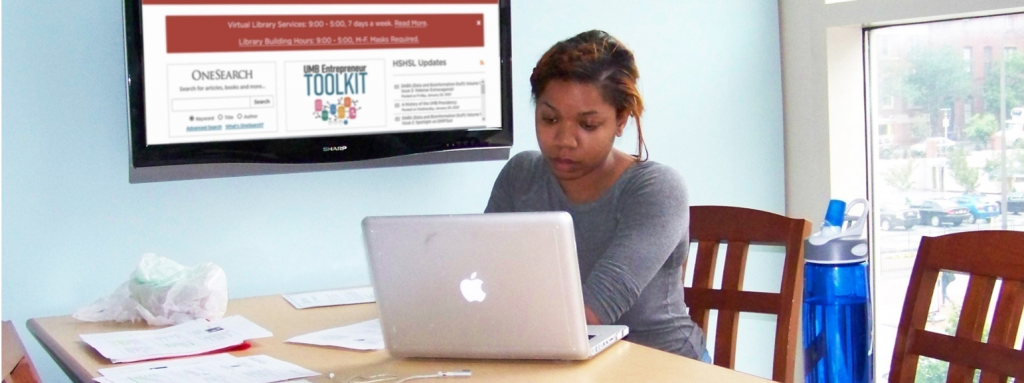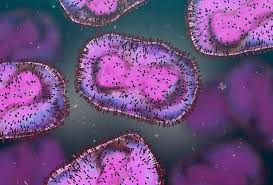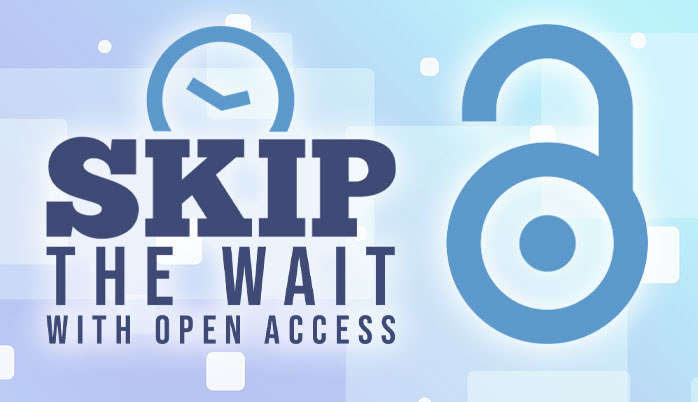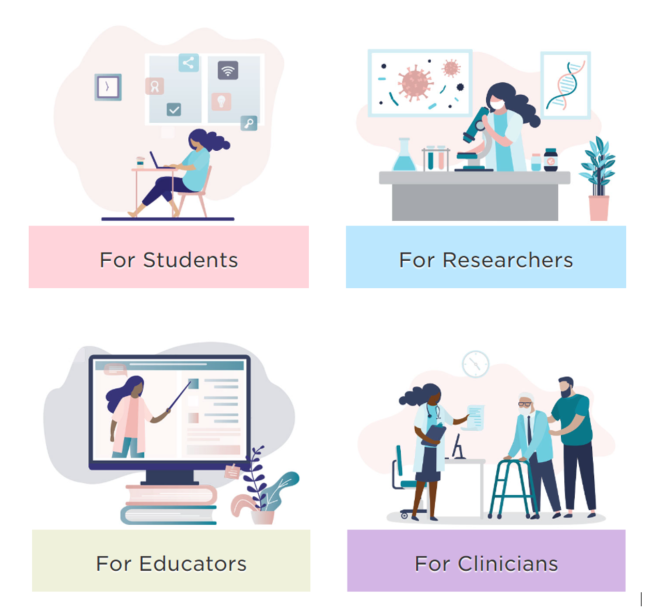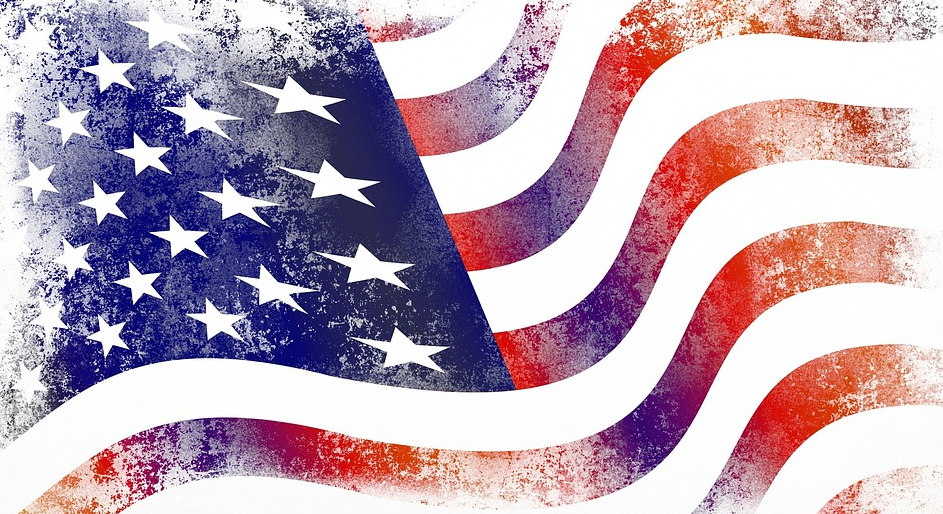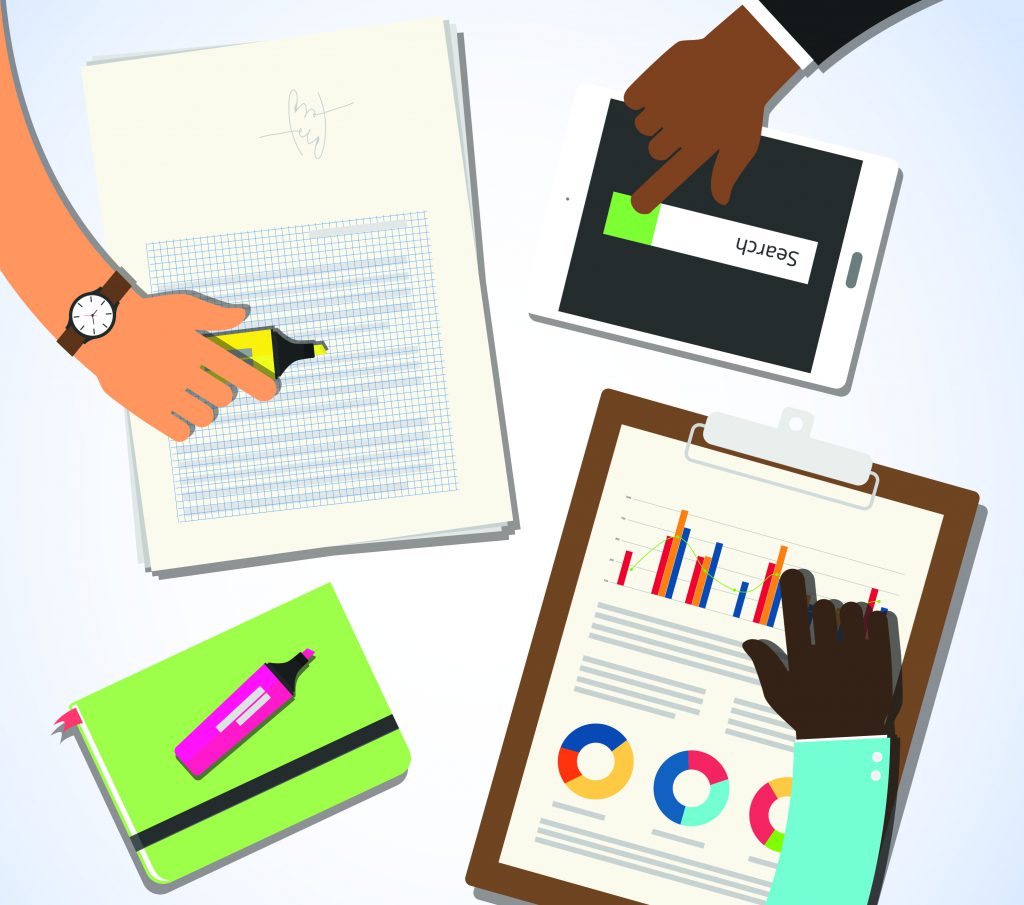DABS: DATA AND BIOINFORMATION STUFF
Learn R this fall with CDABS
The Center for Data and Bioinformation Services (CDABS) will be holding an R workshop the last two Wednesday (21st & 28th) and Thursday (22nd & 29th) in September. All sessions run from 1:00pm to 4:00pm and meet online. Space is limited so register now!
R is an open-source programming language that is ideal for working with statistics and data. Here at CDABS, we love R for many reasons: It’s free, flexible, and friendly! It’s also a great tool for creating reproducible data analyses and visualizations.
In this series we’ll start with the basics of R and the RStudio environment, move to more complex data wrangling and visualization tasks, and finally look at the extended R ecosystem and tools for sharing your work with interactive reports, notebooks, and applications. Sign up for the whole series, or just the sessions that interest you most, but be advised that the later sessions will require at least a little familiarity with R.
See full session descriptions below and register here:
September 21: Introduction to R and RStudio
This session will provide a solid foundation in working with R and RStudio and lay the groundwork to enable participants to explore more advanced topics in R programming. No experience with R or programming is required.
Topics covered will include:
- Navigating the RStudio interface, installing packages, getting help
- Naming and working with objects
- Using functions
- Identifying R data types and structures
- Working with scripts
September 22: Data Wrangling with R — Introduction to the Tidyverse
This session will introduce the concept of “tidy” data, and the versatile collection of packages known as the Tidyverse. Participants will get hands-on experience wrangling real datasets.
Topics covered include:
- Loading data from external files
- Subsetting data
- Transforming data from wide to long
- Working with dates
- Joining multiple datasets
Prerequisites: Session one in this series, or have previous experience with base R.
September 28: Data Visualization in R with ggplot2
Learn how to use the ggplot2, a robust Tidyverse package used to create high quality graphics for exploring and communicating your data. We will go beyond basic graphs and learn how to customize and annotate our graphs for more effective storytelling. Participants will have the best experience if they attended session two in this series or have some previous experience with R and the Tidyverse.
Topics covered include:
- Visualization best practices
- Grammar of graphics – ggplot2 layers, aesthetics, and geoms
- Choosing an effective graph type for your data
- Customizing labels, axes, legends, and more
- Choosing a color palette and themes
Prerequisites: Session two in this series, or have previous experience with R.
September 29: Introduction to Reproducible Research and Interactive Data Applications in R
This session will provide a high-level overview of the vast ecosystem in R for reproducible research and creating interactive data visualizations. Users will learn about version control, packages available in R for creating reports, online books, and even blogs. There will also be an introduction to creating data applications/ dynamic dashboards using the Shiny package in R. Participants will have the best experience if they have some familiarity with R syntax and the RStudio interface.
Topics covered will include:
- Version control with Git
- Integrating RStudio and GitHub for project data and code management and version control.
- Reproducible research reports with code and prose with RMarkdown
- Sharing your work on the web with Bookdown/Blogdown
- Interact, analyze, and communicate your data with Shiny
Prerequisites: Session one in this series, or have previous experience with R.
Questions? Contact: Amy Yarnell, data services librarian and Jean-Paul Courneya, bioinformationist at data@hshsl.umaryland.edu.
The Center for Data and Bioinformation Services (CDABS) is the University of Maryland Health Sciences and Human Services Library hub for data and bioinformation learning, services, resources, and communication
Sign up to get DABS delivered to your email or RSS feed.



